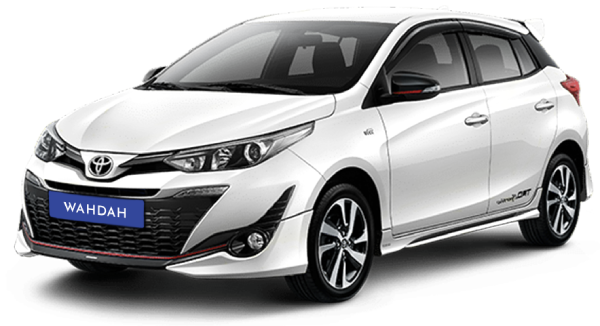New to DRIVE?
Register your new account for free
to start manage your cars and join our community.
Register Now 
Welcome back.
Enter your email and password to login.

In today's world of rising fuel costs and increasing environmental concerns, improving fuel efficiency has become a top priority for many car owners. Not only does it save you money at the pump, but it also reduces your carbon footprint. In this article, we'll explore some practical fuel efficiency tips that can help you make the most out of every gallon of gasoline.
1. Maintain Your Vehicle Regularly
One of the fundamental keys to improving fuel efficiency is keeping your car in excellent condition. Regular maintenance checks, such as oil changes, air filter replacements, and tire rotations, can significantly impact how efficiently your car runs. A well-maintained engine operates more smoothly and burns fuel more efficiently, improving your gas mileage.
2. Check Your Tire Pressure
Proper tire maintenance is crucial for fuel efficiency. Under-inflated tires create more rolling resistance, forcing your engine to work harder and burn more fuel. Check your tire pressure regularly and ensure it matches the manufacturer's recommendations, which you can usually find in your car's owner's manual or on a label inside the driver's side door frame.
3. Lighten Your Load
Carrying unnecessary weight in your vehicle can decrease fuel efficiency. Remove items from your trunk or roof rack that you don't need for your trip. Every extra pound your engine has to move requires more energy and, consequently, more fuel.
4. Drive Smoothly
Aggressive driving habits, such as rapid acceleration and hard braking, can significantly reduce your fuel efficiency. Practice smooth driving by gradually accelerating and decelerating. Use cruise control on highways to maintain a steady speed, which is more fuel-efficient than constantly varying your throttle.
5. Reduce Idling
Idling your engine consumes fuel unnecessarily. If you're going to be parked for more than a minute or so, it's more efficient to turn off your engine and restart it when you're ready to move again. Modern engines are designed to handle frequent starts without causing excessive wear and tear.
6. Plan Your Routes
Take a few moments to plan your routes before you hit the road. Avoid heavy traffic, stop-and-go driving, and routes with lots of hills if possible. Consider using a GPS or smartphone app that offers real-time traffic updates to help you find the quickest and most fuel-efficient routes.
7. Use the Right Fuel
Check your car's owner's manual to determine the recommended fuel for your vehicle. Using higher-octane fuel when your engine doesn't require it won't improve performance and can be a waste of money. Conversely, using lower-octane fuel in an engine designed for higher octane can reduce efficiency.
8. Keep Your Speed in Check
As your speed increases, your vehicle's aerodynamic drag also increases exponentially. Driving at highway speeds significantly reduces fuel efficiency compared to driving at slower speeds. Try to stay within the speed limit and use your cruise control to maintain a consistent pace on the highway.
9. Consider Aerodynamics
If you have roof racks or accessories that disrupt your vehicle's aerodynamics, consider removing them when not in use. Roof racks can create extra drag and reduce fuel efficiency, especially at high speeds.
10. Embrace Modern Technology
Newer cars often come equipped with fuel-saving technology, such as stop-start systems, hybrid powertrains, and fuel-efficient engines. If you're in the market for a new vehicle, consider these options to maximize your fuel efficiency.
By implementing these fuel efficiency tips, you can save money on fuel, reduce your environmental impact, and enjoy a smoother, more efficient ride. Improving fuel efficiency isn't just about saving money; it's also about contributing to a greener and more sustainable future for all.